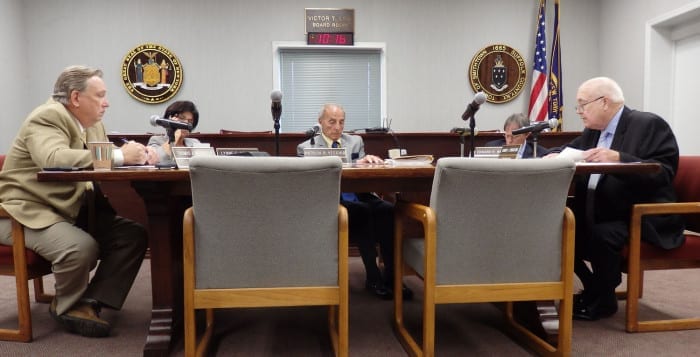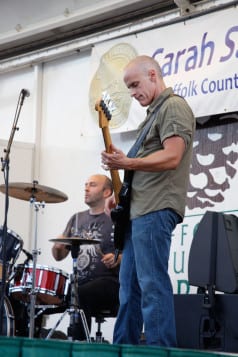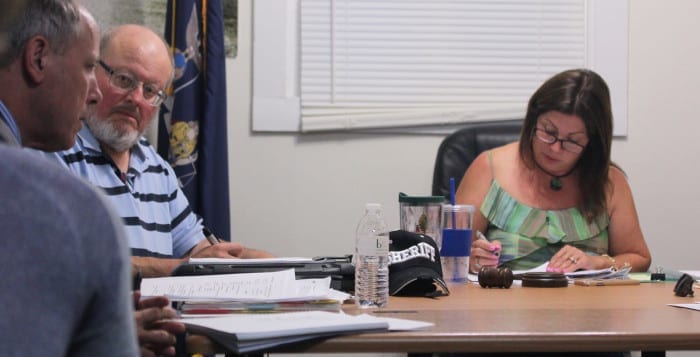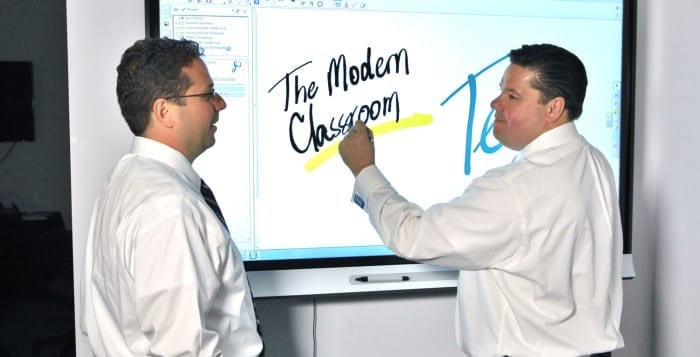Tyler Gerbavsits has used his summer vacation to sharpen his golf play. Already one of the best young players on the links in Suffolk County, the Huntington sophomore is gearing up and looking ready for the fall season with the Blue Devils.
Gerbavsits is a member of a talented group of Huntington golfers. At the Long Island Golf Association’s Junior Championship at the Garden City Country Club, the athlete was joined by teammate and state tournament qualifier Jim Smoot. The duo both posted first-round scores of eight over par 78, with Gerbavsits finishing second in the boys’ division, which was based on one day’s play.
The twin rounds of 78 qualified the two Huntington stars for the junior division match play championship the following day. Finishing tied for seventh in the standings, Gerbavsits and Smoot drew each other in the first round of match play.
The pair battled it out through the front nine, with Gerbavsits being one-up after four holes and then Smoot turning it around and taking a two-up lead after seven holes. However, Gerbavsits won the eighth and ninth holes, bringing the match to even after the first nine holes.
The back nine was, again, a battle. Gerbavsits took a one-up lead after 11, but Smoot again responded by bringing it back to all-square after the 12th hole. Smoot took a one-up lead after the 13th hole. Gerbavsits won the 15th, bringing the match back to all even.
Both Huntington golfers made par on 16 before Smoot won the 17th hole with a par on the par-three, giving him the advantage with a one-up lead going to the 18th hole. With both of them making par on the final hole, Smoot won the match one-up, posting a score of 77 to Gerbavsits’ 78.
At the Long Island Amateur Championship, hosted by the LIGA at Southward Ho Country Club in Bay Shore, Gerbavsits was among 141 players competing for 31 qualifying spots on the first day.
With plenty on the line, Gerbavsits posted a round of one-under par 70, one of the lowest scores of any qualifier. The cut was made at 74.
The Huntington sophomore recorded an eagle on the par four 15th hole, where he holed out from 130 yards with a nine iron. Gerbavsits also tallied four birdies, eight pars and five bogeys over the round. Match play for the 32 participants followed later in the week, with Gerbavsits facing Cold Spring Harbor graduate Steven Tanen, a college senior and a member of McDaniel College’s golf team. Gerbavsits lost on the 17th hole after a great match, shooting a 75 to Tanen’s 73.




















